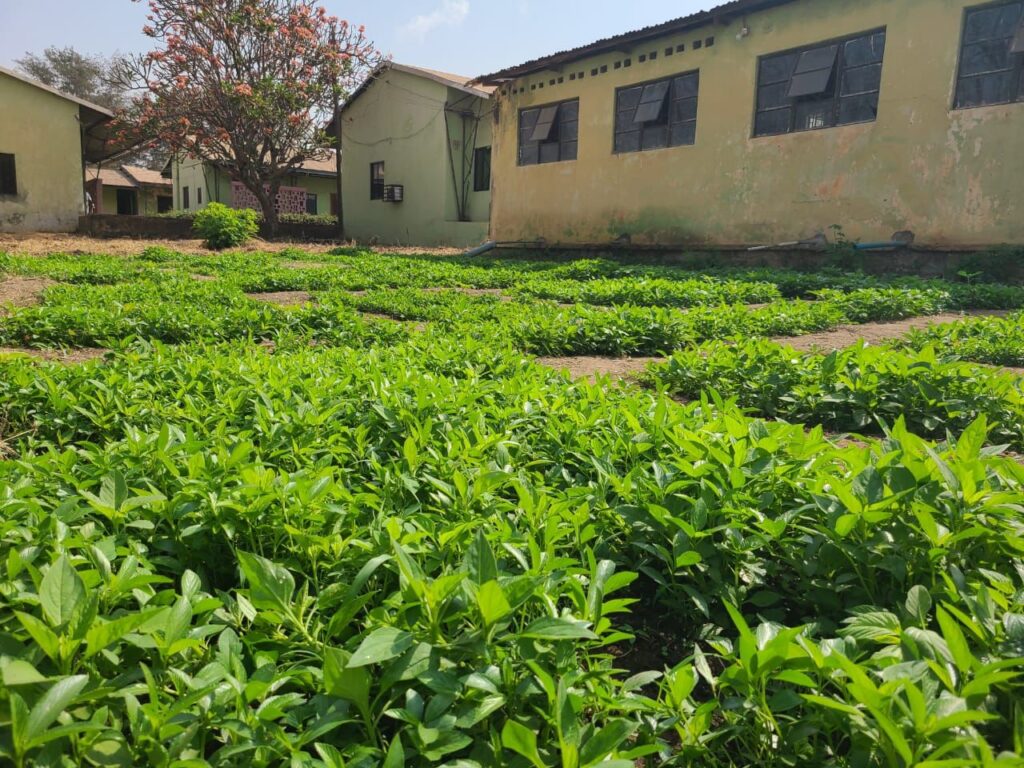By: Oluwatobi Aroyehun
The Kwara State Ministry of Agriculture and Rural Development has expanded its popular Thursday Market to include a wider variety of fresh, organic vegetables, along with essential food staples and locally produced rice.
Residents can now purchase Ewedu (Jute leaves), Soko (Lagos Spinach), Tete (African Spinach), and other organic vegetables cultivated at the Ministry using sustainable farming methods. These fresh greens, grown with water and waste from the Ministry’s Fish Hatchery, are available at affordable prices, furthering the state’s commitment to promoting healthy eating and food security.
In addition to vegetables, the market now offers yam, beans, maize, and sorghum, sourced from farmers who had previously benefited from the Kwara State Government’s agricultural empowerment programs. Their contributions highlight the success of the government’s support initiatives, which continue to boost food production and rural development.
Announcing the expansion, the Commissioner for Agriculture and Rural Development, Mrs. Oloruntoyosi Thomas, emphasized the sustainability and cost-effectiveness of organic farming.
“Green, healthy, and organic Ewedu and Efo will now be available at our Thursday Fish Market,” she stated. “It is also worthy of note that the vegetable farm has produced a high yield even at the peak of the dry season. This further strengthens our advocacy for year-round planting, which is achievable for anyone, as it is cost-effective and sustainable.”
A major highlight of the expansion is the introduction of “Made in Kwara” rice, now available at a subsidized rate lower than the prevailing market price. This move aligns with the state government’s broader goal of ensuring food affordability and agricultural sustainability for all residents.
With its continuous growth, the Thursday Market remains a vital hub for fresh, affordable, and locally sourced food items. Residents are encouraged to take advantage of this initiative and shop for premium quality Kwara rice, fresh fish, organic vegetables, and staple grains all while supporting local farmers and sustainable agriculture.

